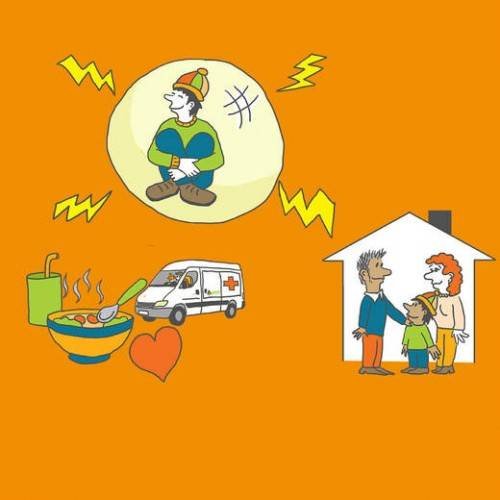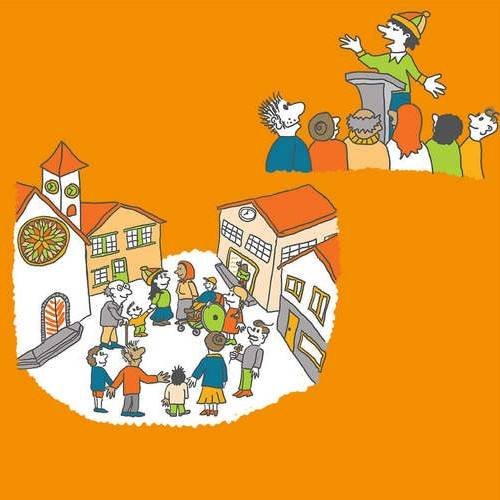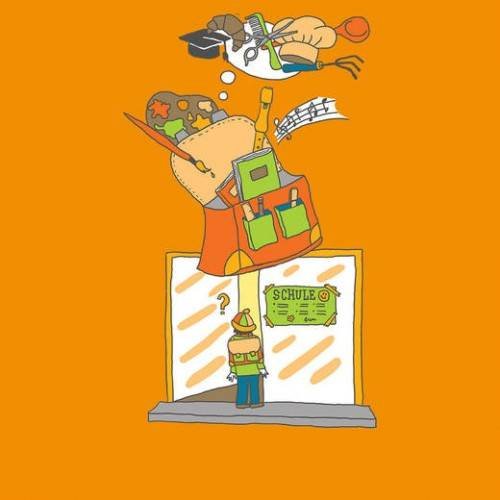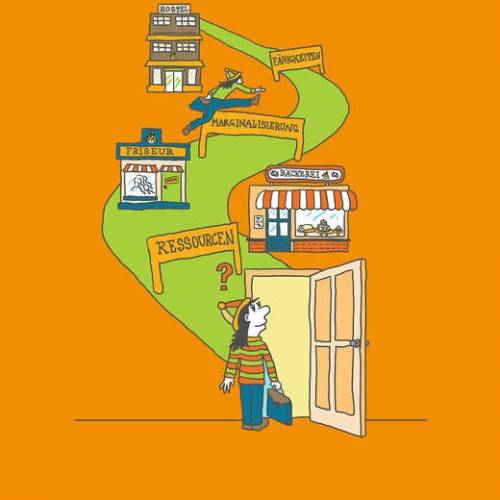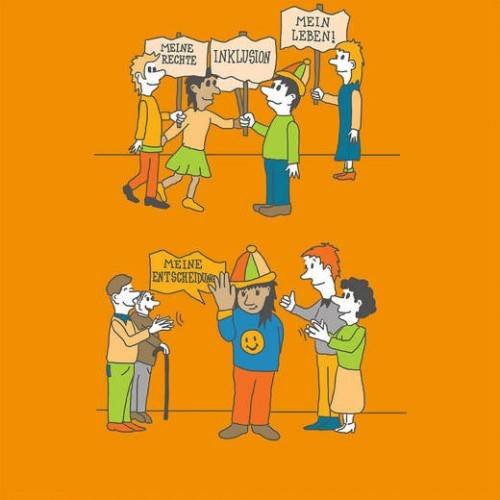How Concordia helps
What needs to change so that children and young people can break the cycle of poverty and misery and are empowered to lead self-determined lives?
To answer this central question of our work, we have developed the cross-country Concordia Impact Model. It describes the short- to long-term changes we work toward every day to achieve our goal. Based on the Concordia Impact Model, all of our more than 100 projects take place in the project countries Republic of Moldova, Romania, Bulgaria, Kosovo and Austria.
Despite the economic progress in these countries since the fall of communism, many children and young people are at risk of extreme poverty, abuse, violence, lack of independence, health problems and hunger. These people suffer daily from exclusion, discrimination, and lack of resources.
Children and young people in Kosovo and the Republic of Moldova - the countries with the lowest social and economic development in Europe - are particularly at risk.
5 Paths for a Self-Determined Life
In order to achieve our goal - children and young people can lead a self-determined life without exclusion - the impact model is divided into five paths in which we set our measures to bring about positive change among children and young people:
The impact model simply explained
Tip: Concordia Social Projects as a transparent and secure non-profit organization publishes a report on its activities every year. Learn more about our reports. You can download the comprehensive preparation of our impact model here:
Self control and evaluation
Ongoing monitoring and evaluation activities ensure that progress in our projects is defined, measured and assessed. The results of this ongoing process inform the design of future activities and processes. Research and evidence-based advocacy activities work with empirical evidence to advocate for the rights of all children and young people.


